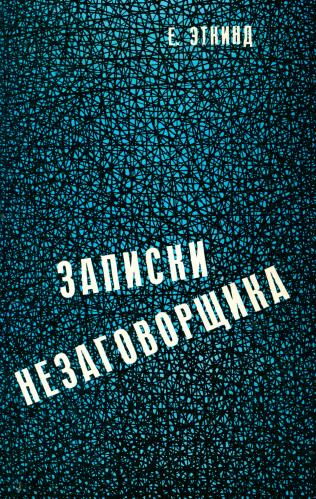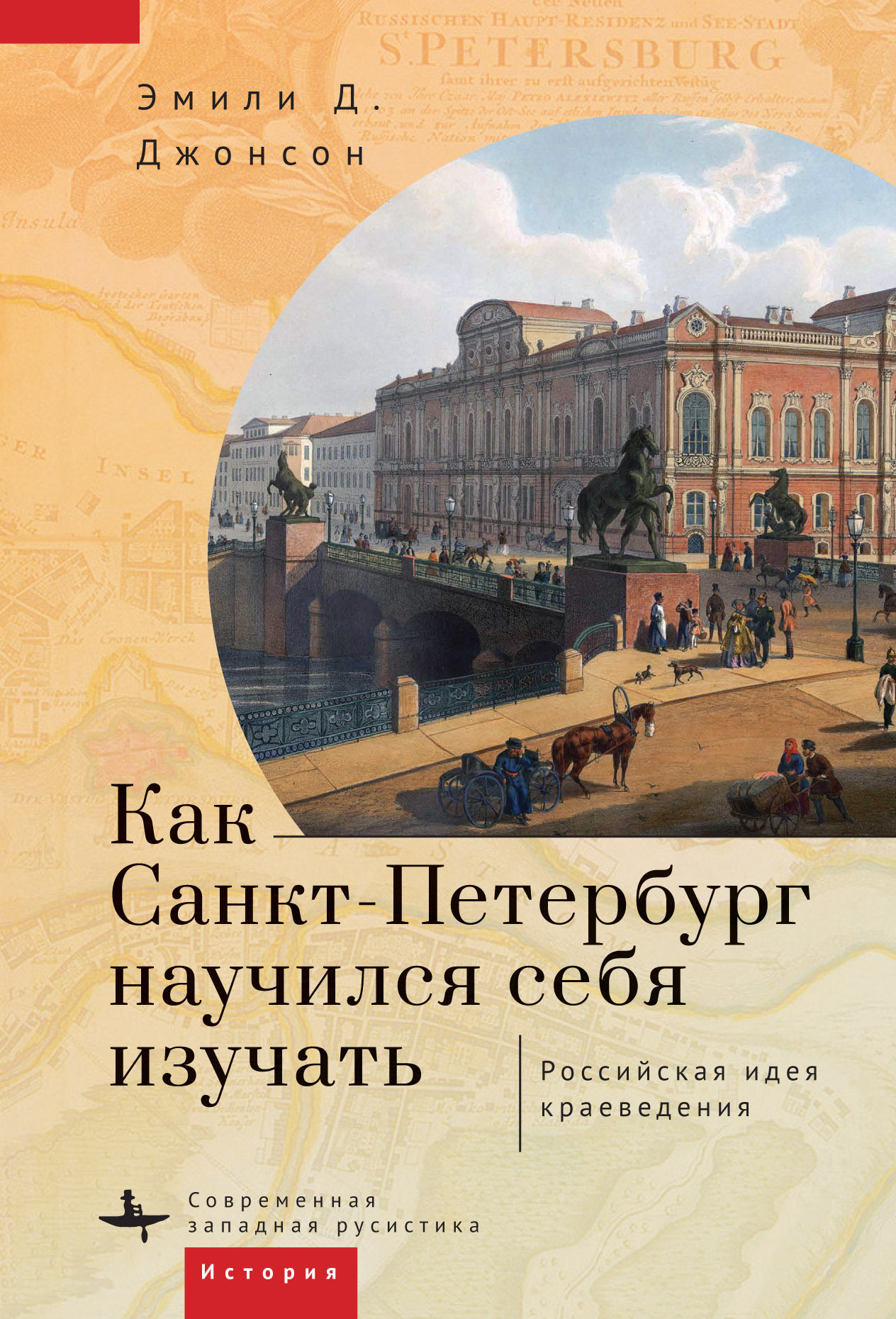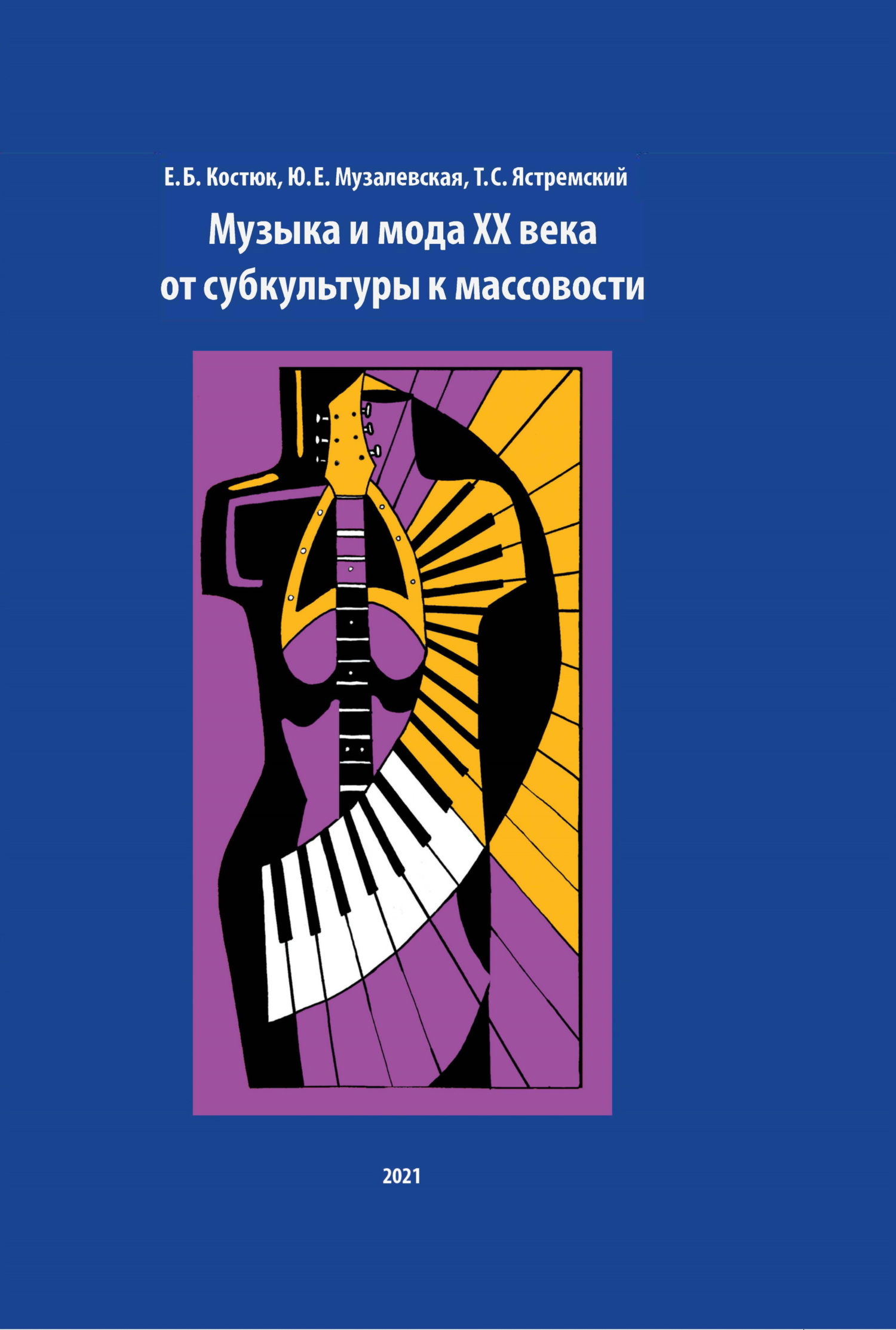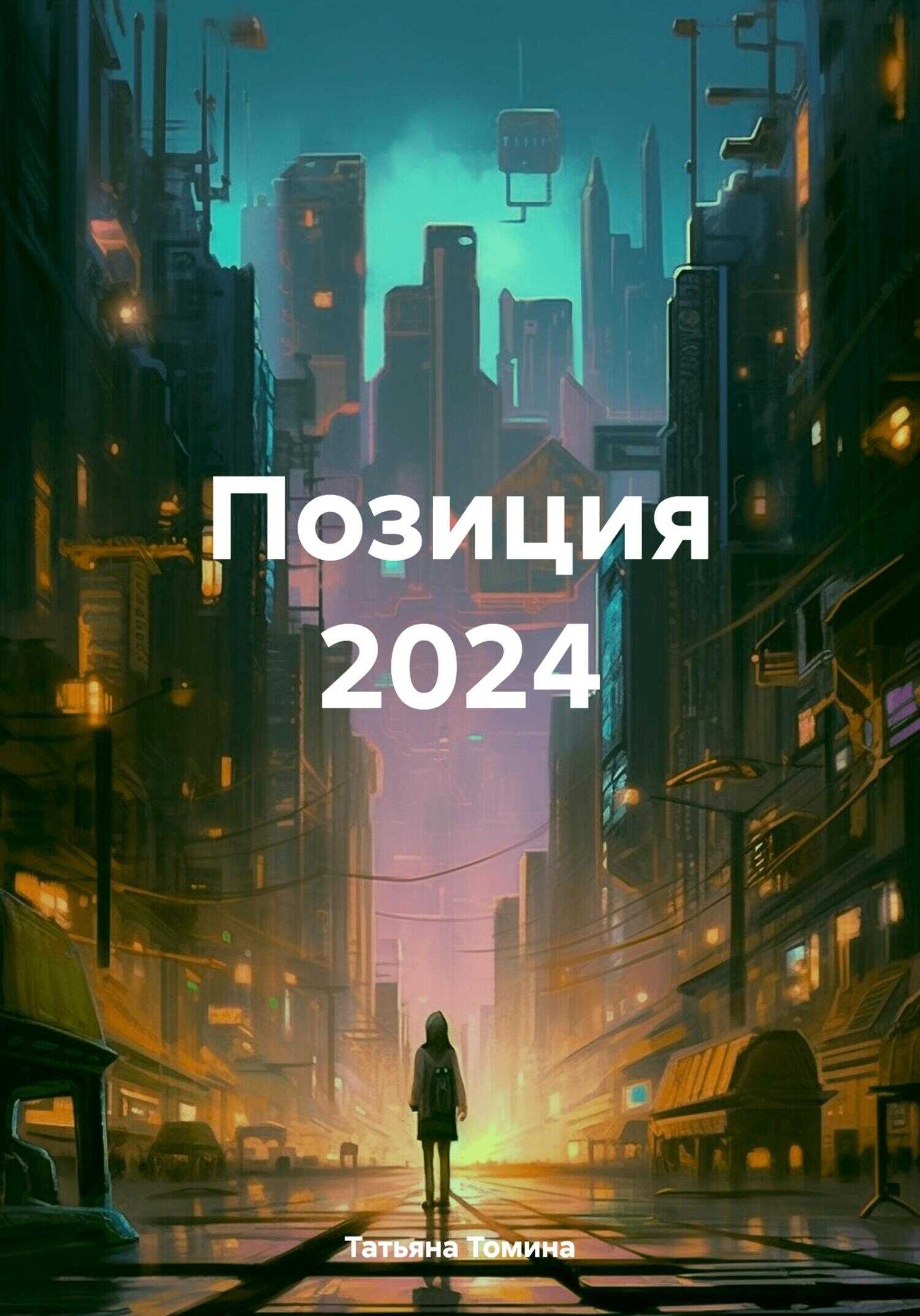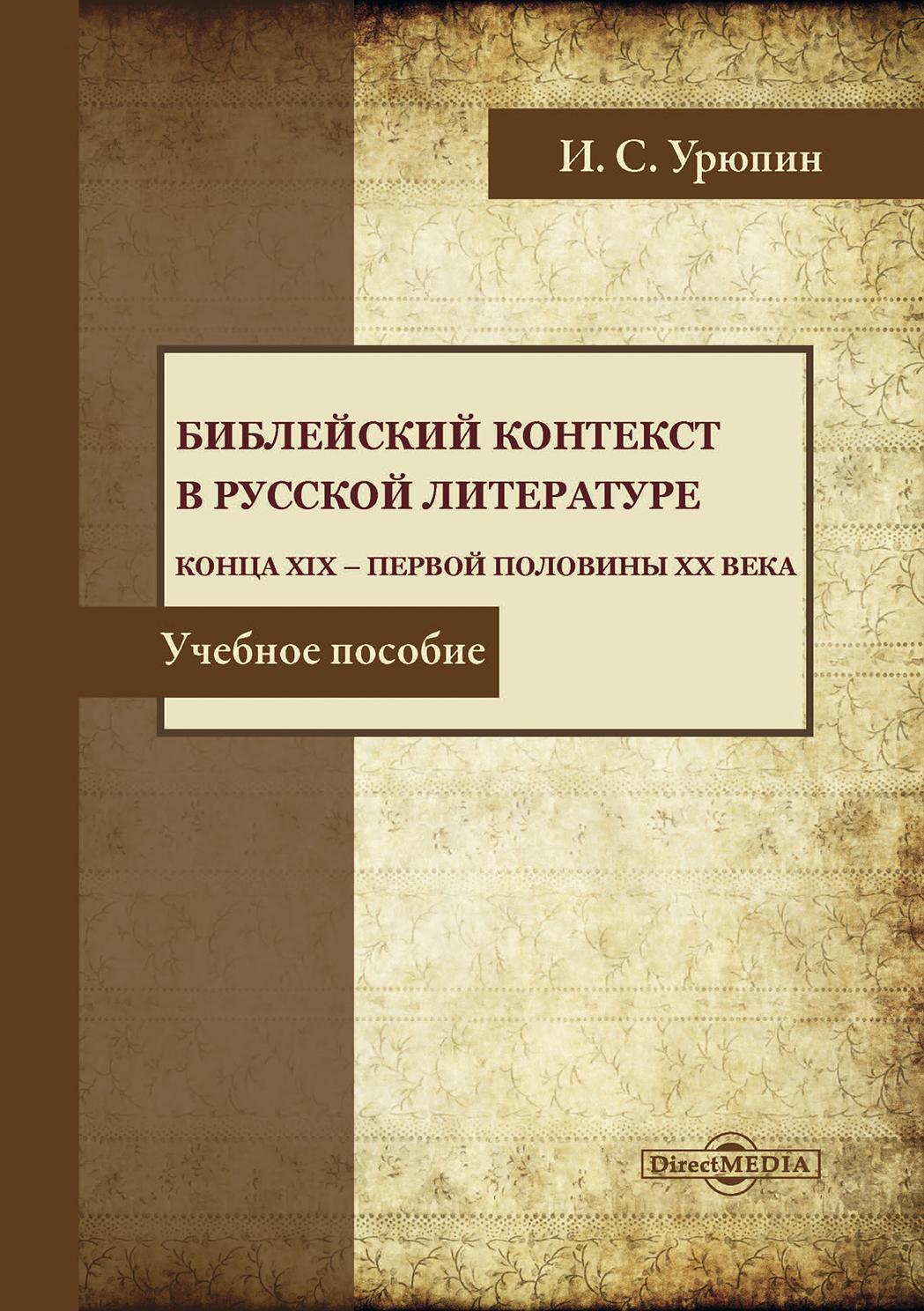class="p1">Stroebe, Margaret S., Robert O. Hansson, Wolfgang Stroebe, and Henk Schut. Introduction: Concepts and Issues in Contemporary Research on Bereavement II Handbook of Bereavement Research: Consequences, Coping, and Care. Margaret S. Stroebe, Robert O. Hansson, Wolfgang Stroebe, and Henk Schut (eds). Washington, D.C.: American Psychological Association, 2001. P. 3–22.
Stroebe, Margaret S., and Henk Schut. Models of Coping with Bereavement: A Review // Handbook of Bereavement Research: Consequences, Coping, and Care. Margaret S. Stroebe, Robert O. Hansson, Wolfgang Stroebe, and Henk Schut (eds). Washington, D.C.: American Psychological Association, 2001. P. 375–403.
Sudnow, David. Talks Body: A Meditation between Two Keyboards. New York: Knopf, 1979.
Suny, Ronald Grigor. The Soviet Experiment: Russia, the USSR, and the Successor States. Oxford: Oxford University Press, 1998.
Suslin, Viktor. The Music of Spiritual Independence: Galina Ustvolskaya // “Ex Oriente…” Ten Composers from the Former USSR. Valeria Tsenova (ed.). Berlin: Verlag Ernst Kuhn, 2002. P. 99–114.
Svirski, Grigori. A History of Post-War Soviet Writing: The Literature of Moral Opposition. Translated by Robert Dessaix and Michael Ulman. Robert Dessaix and Michael Ulman (eds). Ann Arbor, Mich.: Ardis, 1981.
Sztompka, Piotr. The Trauma of Social Change: A Case of Postcommunist Societies // Cultural Trauma and Collective Identity. Berkeley: University of California Press, 2004. P. 155–195.
Tai, Kali. Worlds of Hurt: Reading the Literatures of Trauma. Cambridge, U.K., and New York: Cambridge University Press, 1996.
Tanay, Emanuel. Auschwitz and Oswiecim: One Location, Two Memories // Memory Offended: The Auschwitz Convent Controversy. Carol Rittner and John K. Roth (eds). New York: Praeger, 1991. P. 99–111.
Taruskin, Richard. Defining Russia Musically: Historical and Hermeneutical Essays. Princeton, N.J.: Princeton University Press, 1997.
–. The Oxford History of Western Music. 6 vols. Vol. 5. New York: Oxford University Press, 2005.
Taylor, Mark C. Hiding. Chicago: University of Chicago Press, 1997.
Thomas, Adrian. Gorecki. New York: Oxford University Press, 1997.
–. Polish Music since Szymanowski. Cambridge: Cambridge University Press, 2005.
Thompson, Stephanie. Themes and Metaphors in Songwriting with Clients Participating in a Psychiatric Rehabilitation Program // Music Therapy Perspectives 27, no. 1 (2009): 4-10.
Tiedman, Richard. Review of Schnittke: Cello Concerto No. 1; Concerto Grosso No. 1; Schnittke: Cello Concerto No. 1; Stille Musik; Sonata for Cello and Piano; Schnittke: Cello Concerto No. 1; Klingende Buchstaben; Four Hymns II Tempo 182 (September 1992): 47–48.
Tomberg, Valentin. The East European Conception of Suffering // Gnosis Magazine 31 (Spring 1994): 43–45.
Tompson, William J. The Soviet Union under Brezhnev. Harlow, UK.: Pearson/Longman, 2003.
Tsenova, Valeria (ed.). “Ex Oriente…” Ten Composers from the Former USSR. Berlin: Verlag Ernst Kuhn, 2002.
– (ed.). Underground Music from the Former USSR. Amsterdam: Harwood Academic, 1997.
Tumarkin, Nina. The Living & the Dead: The Rise and Fall of the Cult of World War II in Russia. New York: Basic Books, 1994.
Turner, Victor. The Anthropology of Performance. New York: PAJ Publications, 1988.
–. From Ritual to Theatre: The Human Seriousness of Play. New York: Performing Arts Journal Publications, 1982.
–. The Ritual Process: Structure and Anti-Structure. Ithaca, N.Y: Cornell University Press, 1977.
Uszler, Marienne, Stewart Gordon, Scott McBride Smith. The Well-Tempered Keyboard Teacher. 2nd ed. New York: Schirmer, 2000.
Vaitmaa, Merike. Arvo Part // Kuus Eesti tanase muusika loojat (Six Estonian Contemporary Composers). H. Tank (ed.). Tallinn, Estonia: Kirjastus “Eesti Raamat”, 1970. P. 35–60.
van der Kolk, Bessel A., and Onno van der Hart. The Intrusive Past: The Flexibility of Memory and the Engraving of Trauma // Trauma: Explorations in Memory. Cathy Caruth (ed.). Baltimore and London: Johns Hopkins University Press, 1995. P. 158–182.
Volkov, Solomon. The ABC’s of Alfred Schnittke (1934–1998) // Tempo 206 (September 1998): 36–38.
Waugh, Alexander. A Load of Gloomy Piffle // Evening Standard, April 8, (1993): 30.
Webb, John. Schnittke in Context// Tempo 182 (September 1992): 19–22.
Weiss, Robert S. Grief, Bonds, and Relationships // Handbook of Bereavement Research: Consequences, Coping, and Care. Margaret S. Stroebe, Robert O. Hansson, Wolfgang Stroebe, and Henk Schut (eds). Washington, D.C.: American Psychological Association, 2001. P. 47–62.
–. The Nature and Causes of Grief // Handbook of Bereavement Research and Practice: Advances in Theory and Intervention. Margaret S. Stroebe, Robert O. Hansson, Henk Schut, and Wolfgang Stroebe (eds). Washington, D.C.: American Psychological Association, 2008. P. 29–44.
Westwood, Paul. Schnittke’s Violin Sonata No. 2 as an Open Commentary on the Composition of Modern Music // Seeking the Soul: The Music of Alfred Schnittke. George Odam (ed.). London: Guildhall School of Music and Drama, 2002. P. 46–56.
Whiteman, Carol Leonore Matthews. ‘Passio’: The Iconography of Arvo Part. Ph.D. dissertation, City University of New York, 1997.
Whittail, Arnold. Musical Composition in the Twentieth Century. Oxford and New York: Oxford University Press, 1999.
Wigram, Tony, Inge Nygaard Pedersen, and Lars Ole Bonde. A Comprehensive Guide to Music Therapy Theory, Clinical Practice, Research, and Training. London and Philadelphia: Jessica Kingsley, 2002.
Wlodarski, Amy Lynn. An Idea Can Never Perish’: Memory, the Musical Idea, and Schoenberg’s A Survivor from Warsaw (1947) // Journal of Musicology 24, no. 4 (Fall 2007): 581–608.
–. The Testimonial Aesthetics of Different Trains // Journal of the American Musicological Society 63, no. 1 (Spring 2010): 99-141.
Woll, Josephine. Soviet Cinema: A Day of Repentance // Dissent (Spring 1988): 167–169.
Woll, Josephine, and Denise J. Youngblood. Repentance, Kinofile Film Companion 4. London and New York: I. B. Tauris, 2001.
Yoon, Jiyoung. Polystylism in Alfred Schnittke’s Requiem. D.M.A. dissertation, University of California, Los Angeles, 2003.
Young, Allan. The Harmony of Illusions: Inventing Posttraumatic Stress Disorder. Princeton, N.J.: Princeton University Press, 1995.
Young, Janies Edward. Writing and Rewriting the Holocaust: Narrative and the Consequences of Interpretation. Bloomington: Indiana University Press, 1988.
Youngblood, Denise J. Repentance: Stalinist Terror and the Realism of Surrealism // Revisioning History: Film and the Construction of a New Past. Robert A. Rosenstone (ed.). Princeton, N.J.: Princeton University Press, 1995. P. 139–154.
–. Review of Repentance, by Tengiz Abuladze // American Historical Review 95, no. 4 (October 1990): 1133–1136.
Yurchak, Alexei. Everything Was Forever, Until It Was No More: The Last Soviet Generation. Princeton, N.J.: Princeton University Press, 2006.
Ziarek, Ewa Plonowska. Melancholic Nationalism and the Pathologies of Commemorating the Holocaust in Poland




















